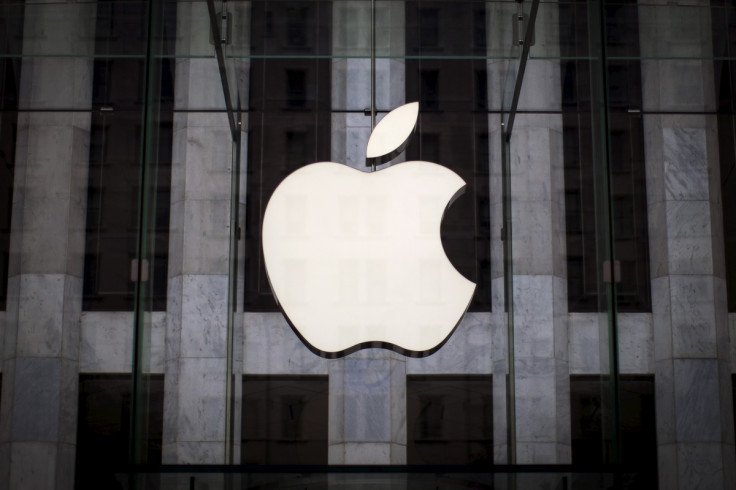Why Apple will not help FBI hack the San Bernardino iPhone: Highlights from the court filing

Apple has filed a motion to throw out a court order that sought the iPhone maker's help to hack an iPhone 5C belonging to Syed Farook, one of the terrorists in the San Bernardino case. Not only has the company vehemently rejected the order it has also garnered support for its arguments that emphasise on infringement of freedom of privacy in the name of security concerns.
The Apple filing is close to 36 pages but makes for interesting reading as to why the tech giant is determined against complying with the court order and why other big names like Microsoft, Google, Facebook, Twitter and others are supporting it. Here are excerpts from the motion filing that highlight the major points made:
- Apple uses encryption to protect its customers from cyber-attack and works hard to improve security with every software release because the threats are becoming more frequent and sophisticated.
- There are two important and legitimate interests in this case: the needs of law enforcement and the privacy and personal safety interests of the public.
- The order demanded by the government compels Apple to create a new operating system — effectively a "back door" to the iPhone — that Apple believes is too dangerous to build. This would make it easier to unlock the iPhone by "brute force," with thousands or millions of pass code combinations at the speed of a modern computer. In short, the government wants to compel Apple to create a crippled and insecure product.
- Given the government's boundless interpretation of the All Writs Act, it is hard to conceive of any limits on the orders the government could obtain in the future. If Apple can be forced to write code in this case to bypass security features and create new accessibility, what is to stop the government from demanding that Apple write code to turn on the microphone in aid of government surveillance, activate the video camera, surreptitiously record conversations, or turn on location services to track the phone's user? Nothing.
- Apple and other technology companies, supported by leading security experts, have disagreed with the law enforcement's position, observing that any back door enabling government officials to obtain encrypted data would also create a vulnerability that could be exploited by criminals and foreign agents.
- Given the millions of iPhones in use and the value of the data on them, criminals, terrorists, and hackers will no doubt view the code as a major prize and can be expected to go to considerable lengths to steal it, risking the security, safety, and privacy of customers whose lives are chronicled on their phones.
- The government has failed to demonstrate that the requested order was absolutely necessary to effectuate the search warrant, including that it exhausted all other avenues for recovering information. The FBI foreclosed one such avenue when, without consulting Apple or reviewing its public guidance regarding iOS, the government changed the iCloud password associated with the attacker's account, thereby preventing the phone from initiating an automatic iCloud Case.
- The government does not cite a single case remotely approximating the demand it makes here; indeed, its cases only confirm the wild overreach of the order.
- A decision to short-circuit public debate on this controversy also seems fundamentally inconsistent with the proposition that such important policy issues should be determined in the first instance by the legislative branch after public debate — as opposed to having them decided by the judiciary in sealed, ex parte proceedings.
- Apple has profound sympathy for the innocent victims of the attack and their families. However, while the government's desire to maximize security is laudable, the decision of how to do so while also protecting other vital interests, such as personal safety and privacy, is for American citizens to make through a democratic process.
© Copyright IBTimes 2025. All rights reserved.





















